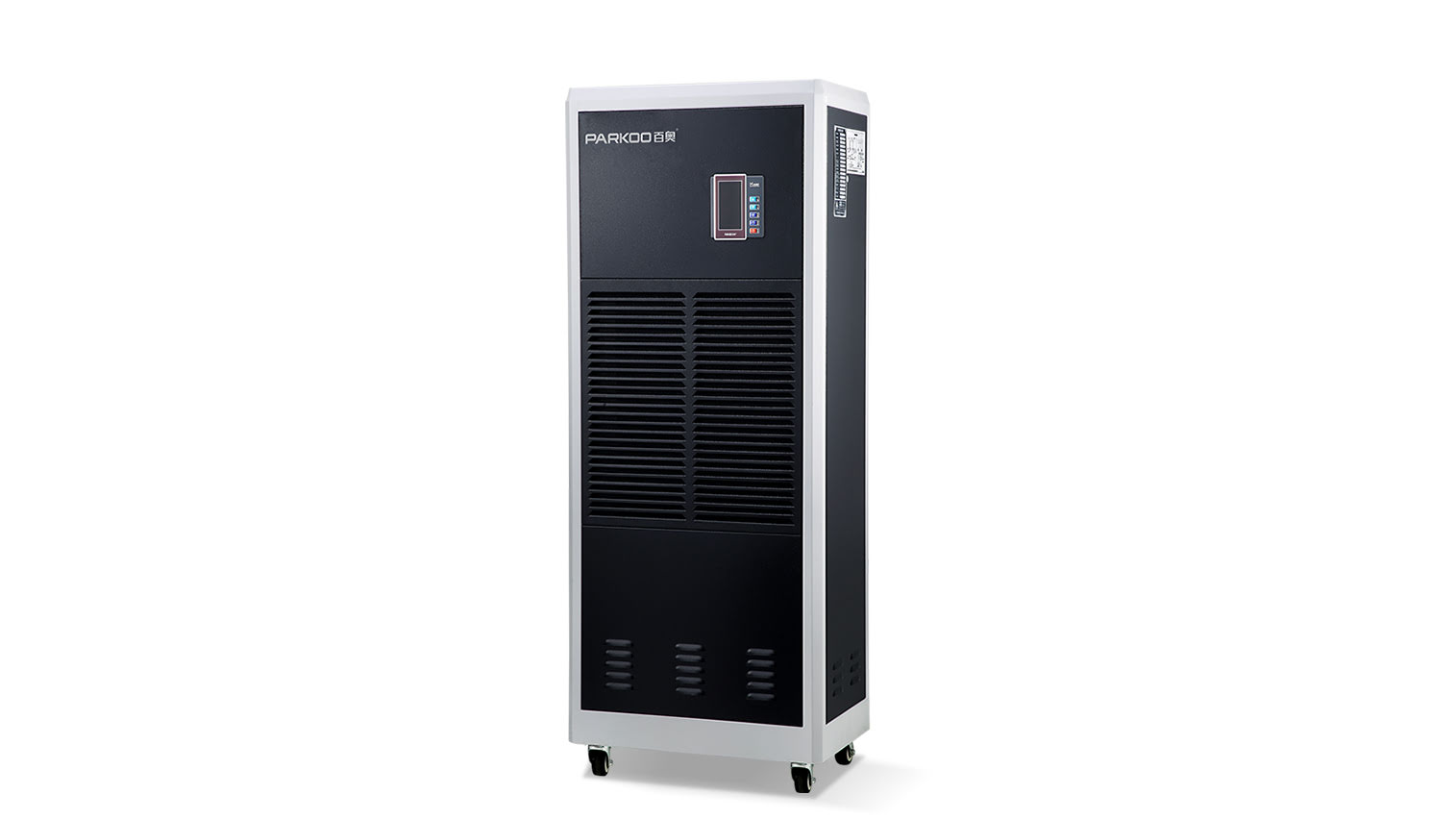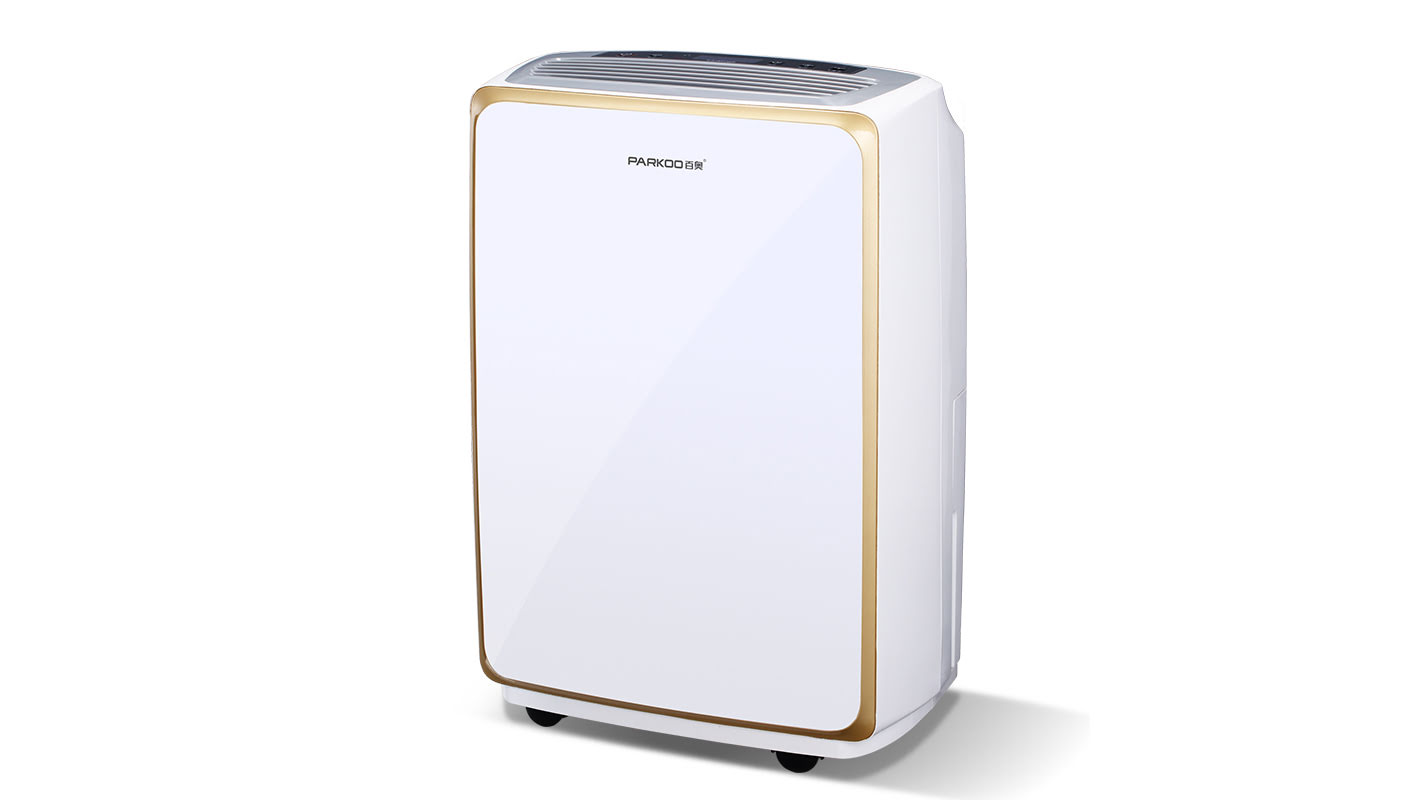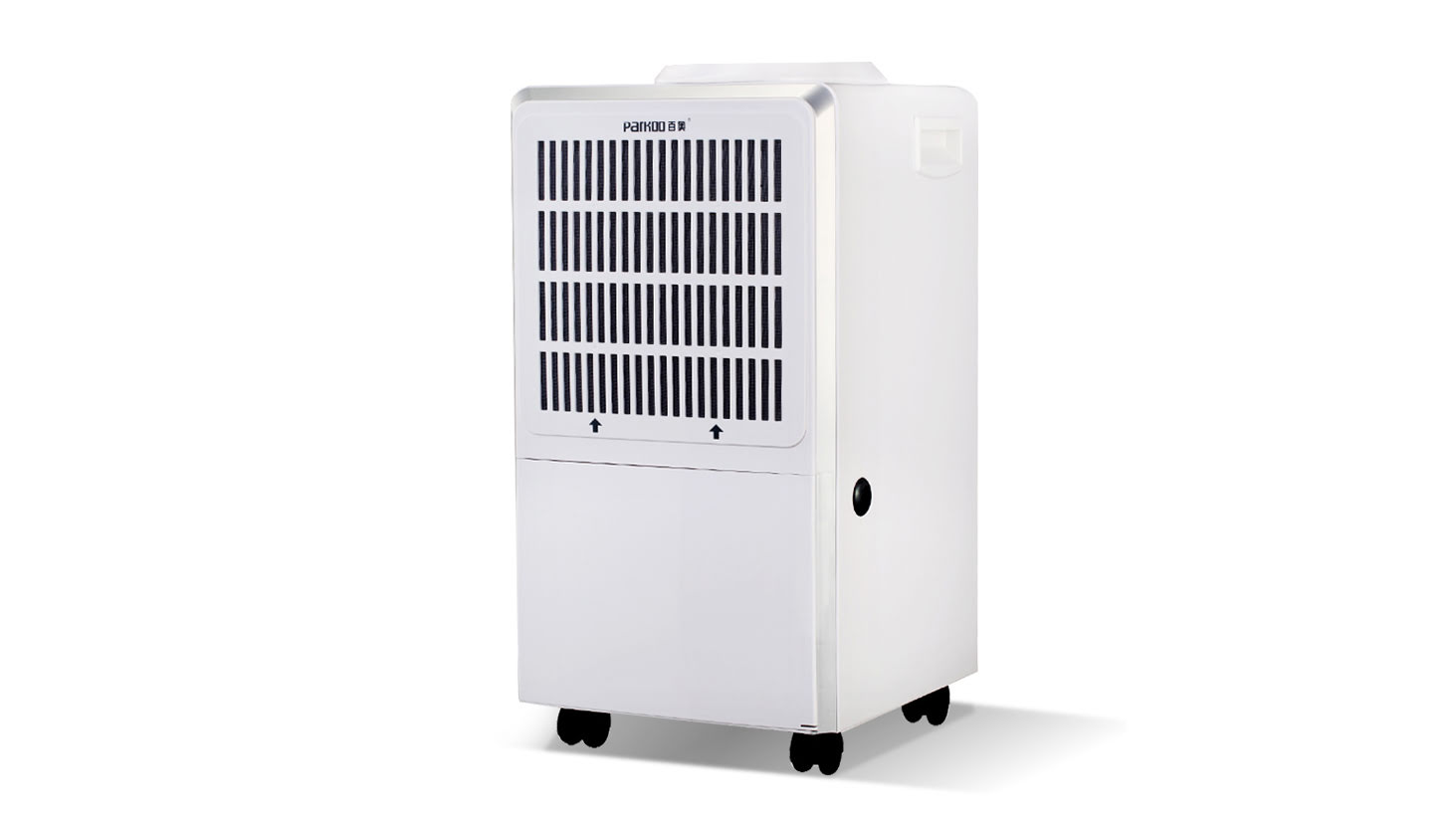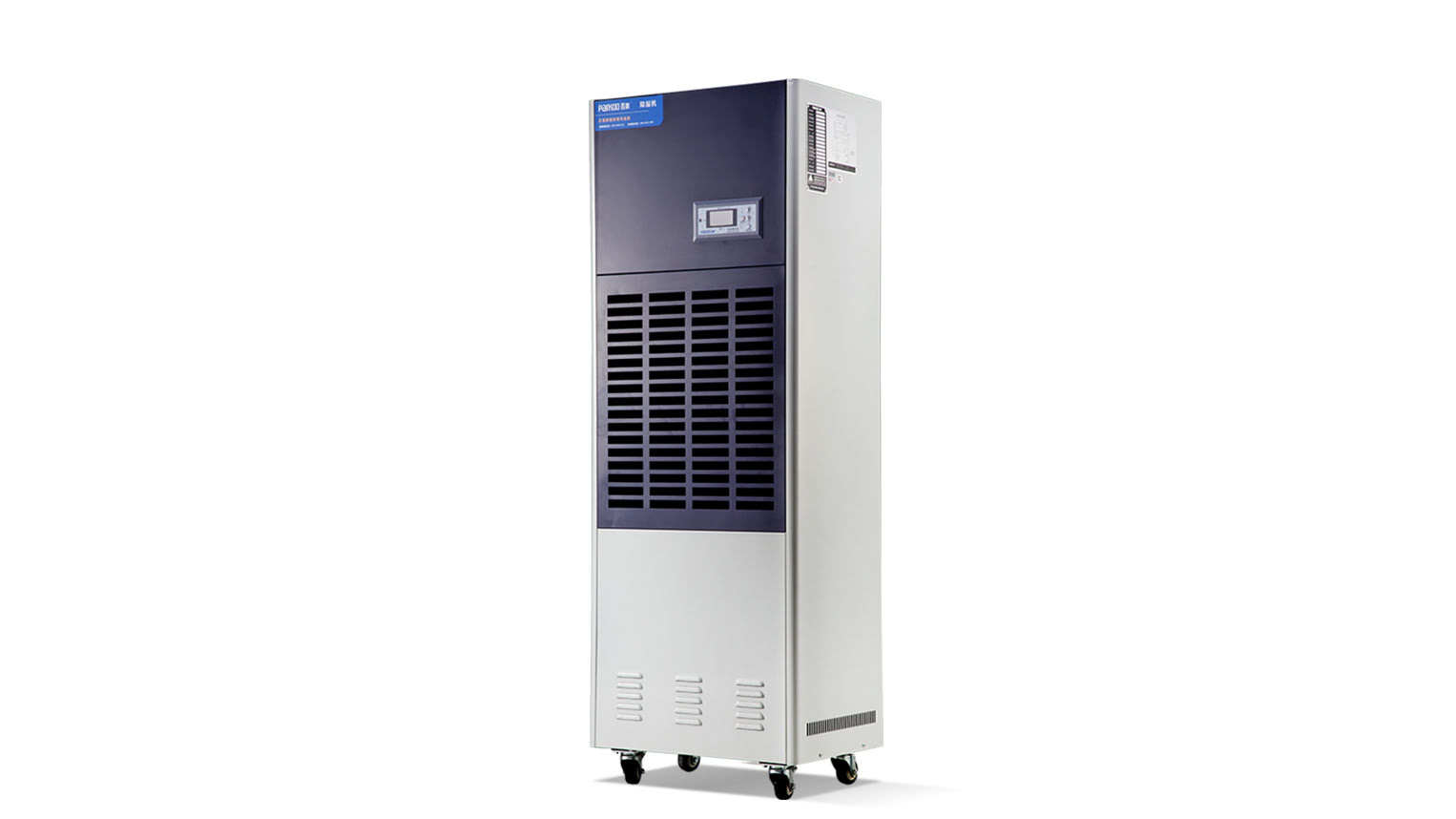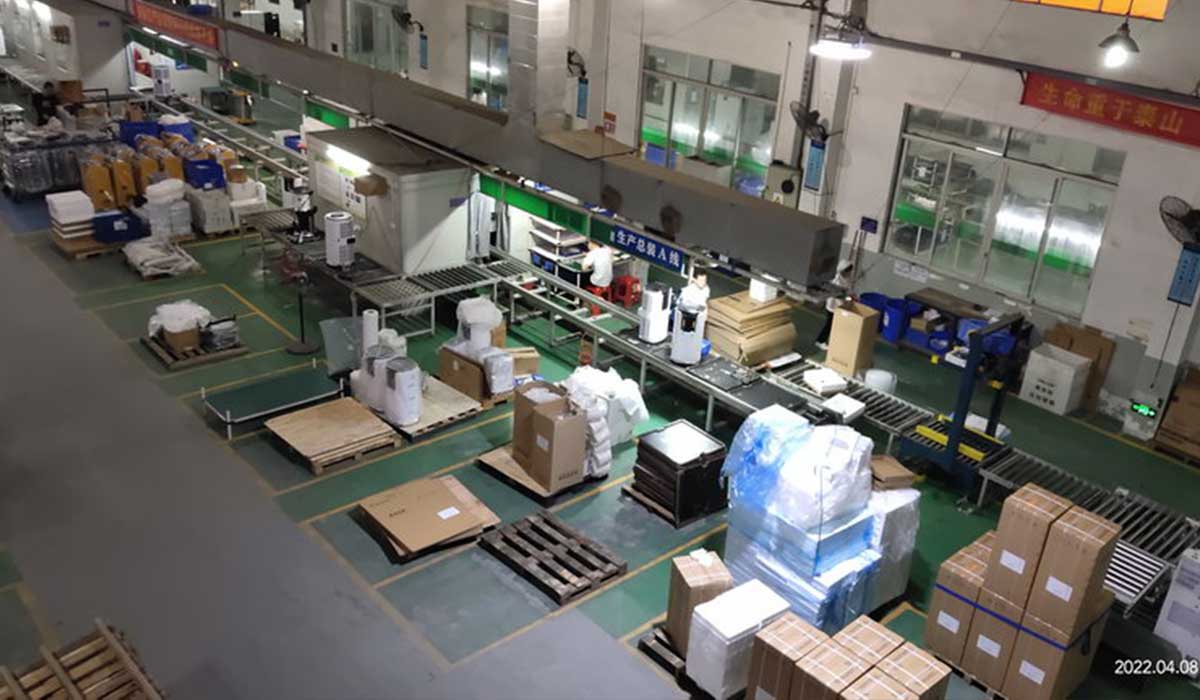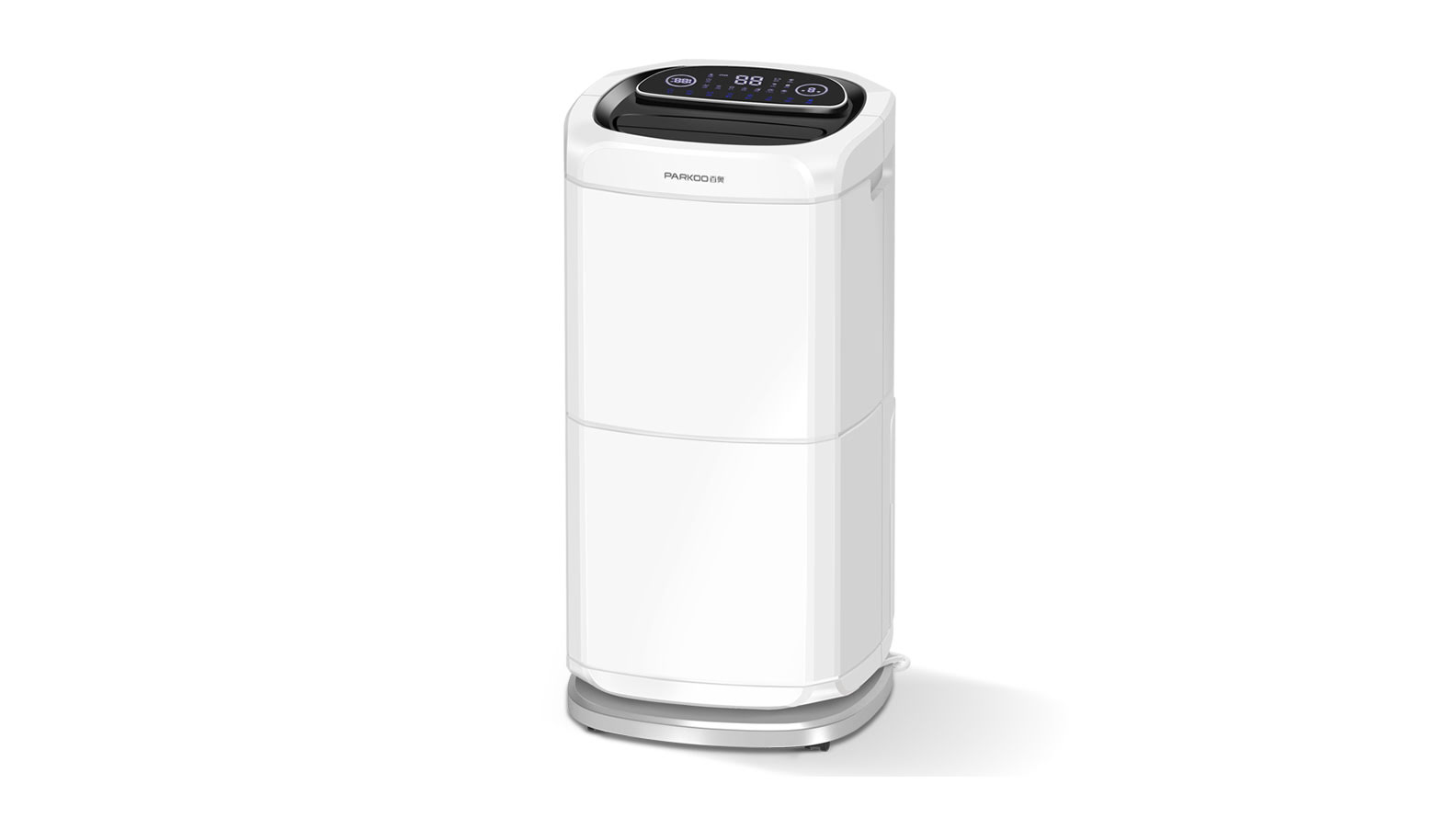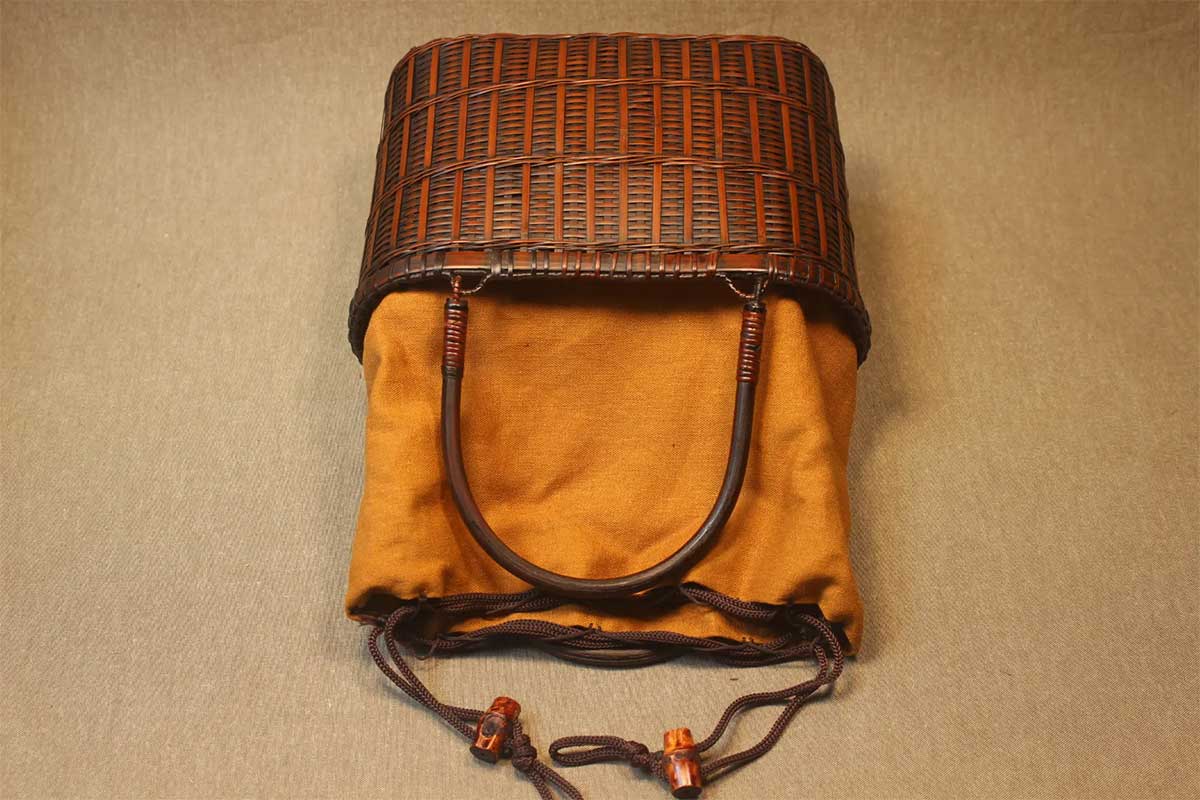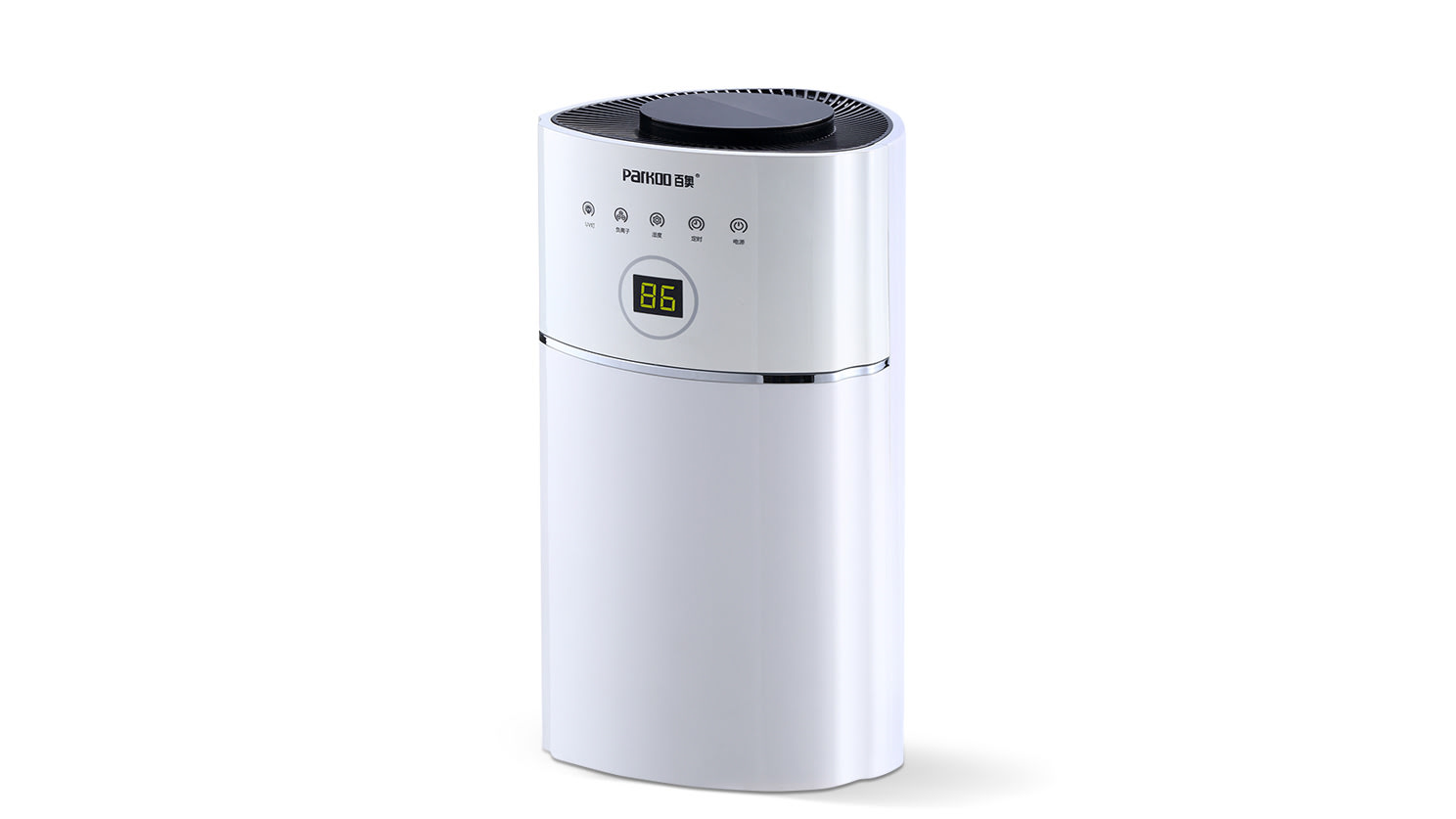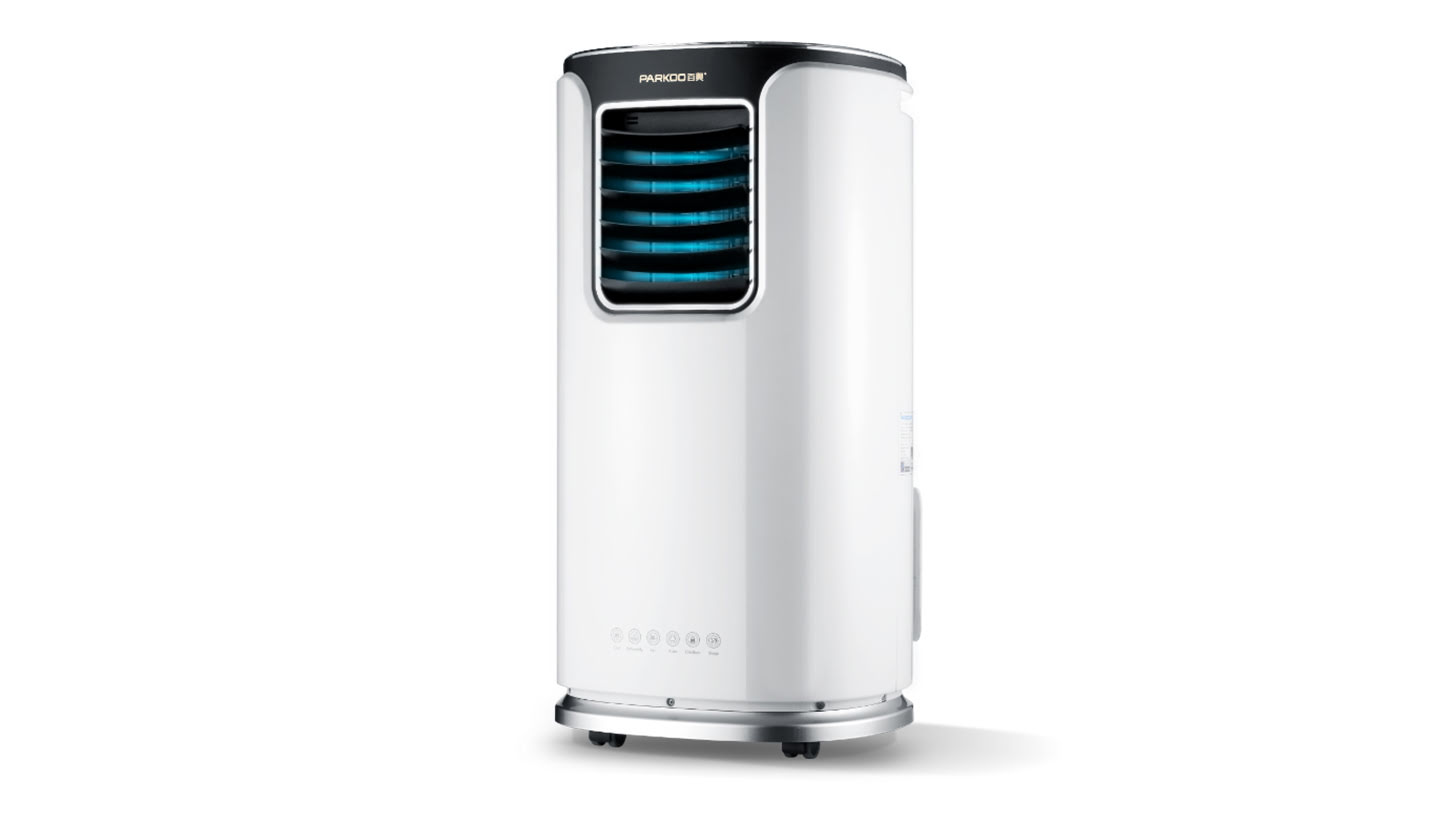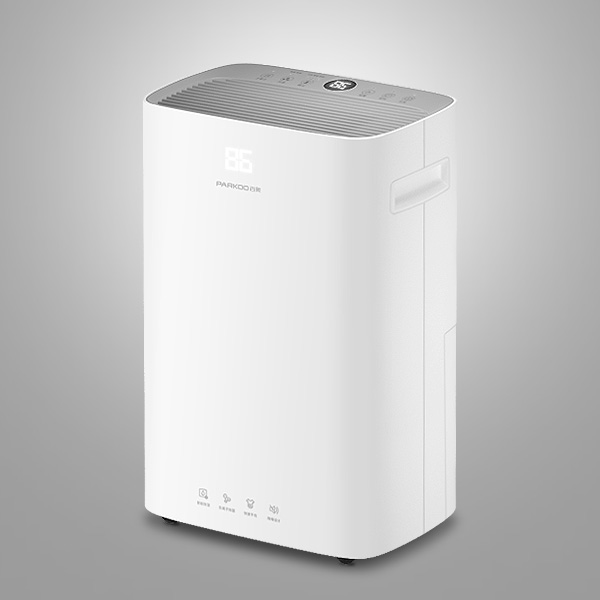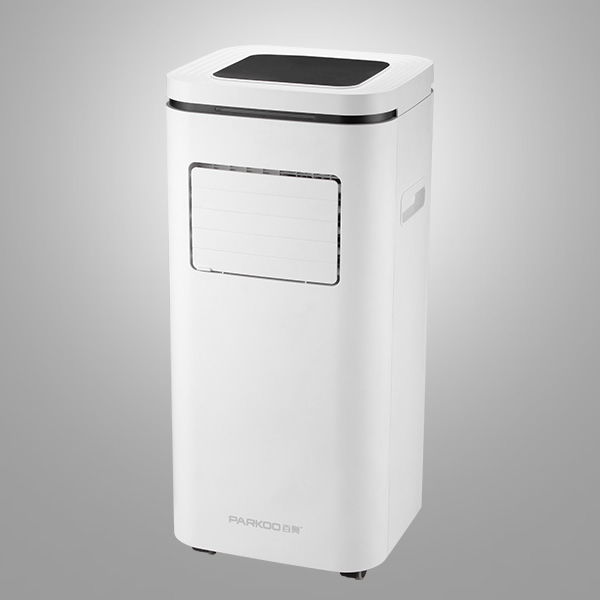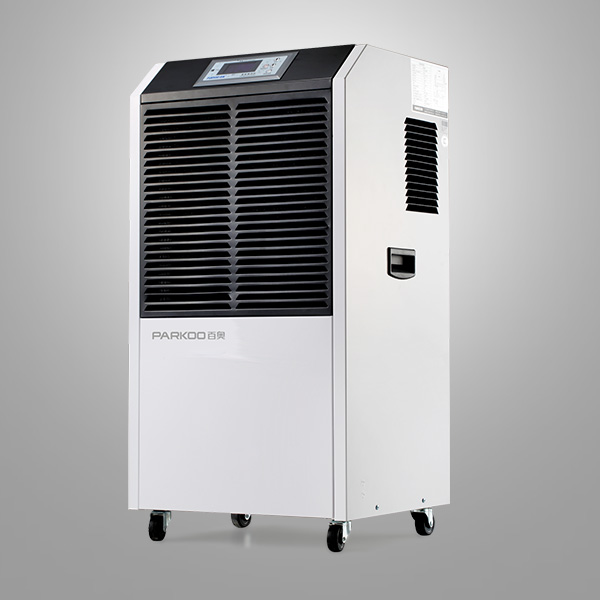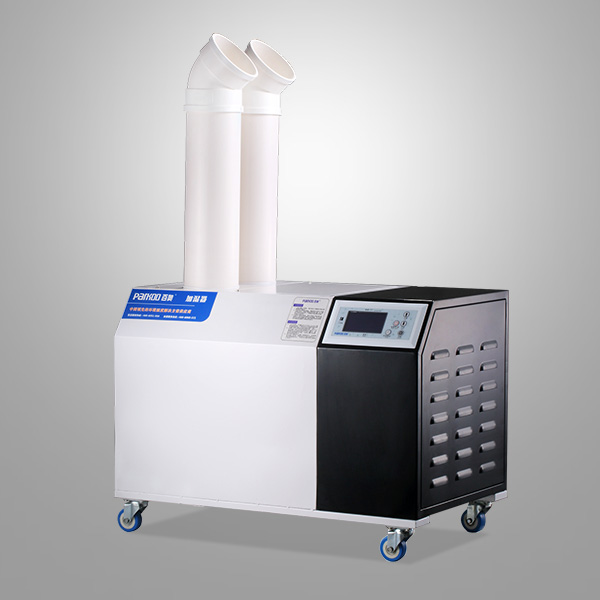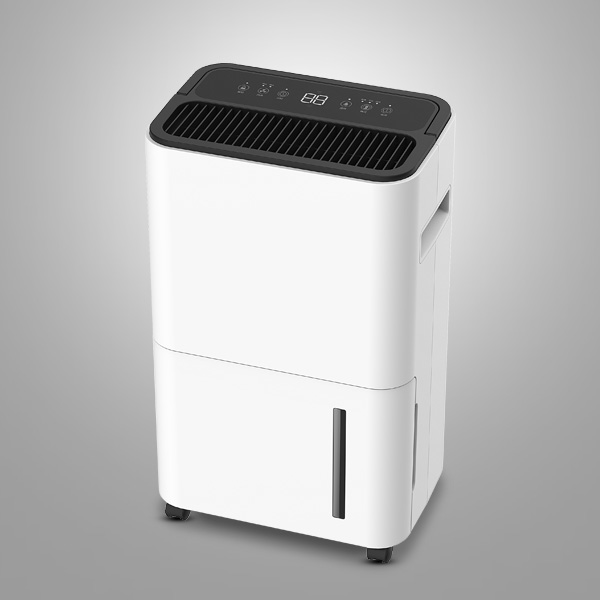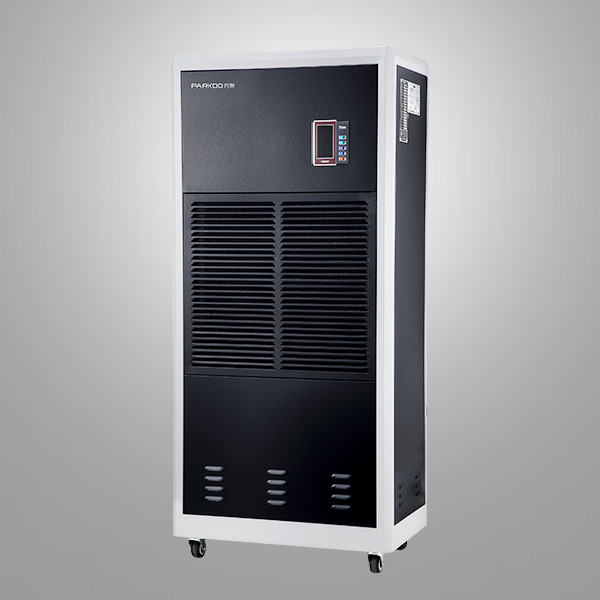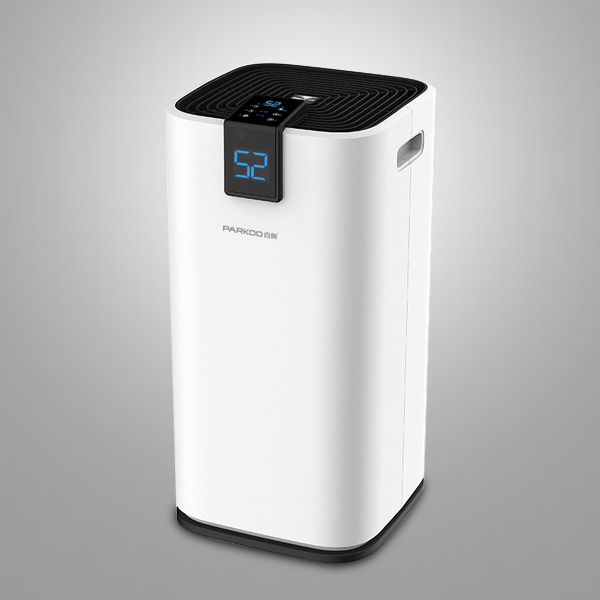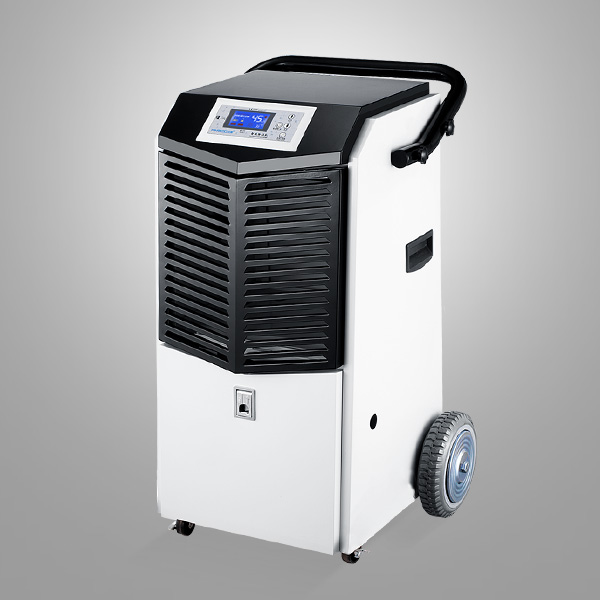offshore wind turbines must be stable - the profitability of Electricity depends on it. but offshore wind turbines must Operate in very harsh Environments, filled with corrosive Moisture in the air. There is a very subtle Commercial relationship between the initial procurement costs and long-term operating costs of offshore wind Farms
style="text align: center. To our knowledge, up to 20-25% of all faults in offshore wind turbines are directly or indirectly Caused by moisture and corrosion
this type of moisture in the air combines with acidic salts in the air, causing corrosion and condensation inside wind turbines, and leading to bacterial Growth and dangerous working Environments.
. these issues together lead to widespread problems in mechanical and electronic equipment, as well as electrical failures and expensive unplanned downtime
Filtration is not enough
Conventional filtration is not sufficient to remove corrosive salts from the air.
. In offshore operating environments, these salts typically dissolve in the moisture. This corrosive solution tends to stick and block the filter, or pass through as a liquid. This filtration system has low Efficiency, which means that water containing corrosive salts is dispersed inside the cabin and towerThe Hotter and wetter the fan area, the greater the problem of corrosion and filtration. Based on experience, every 10 ℃ temperature increase (at the same huMidity level) doubles the corrosion rate. This makes any solution that solely relies on risk filtering in wind turbine installations in the climate unreliable
Corrosion Prevention increases Manufacturing costs
In order to address all of this and ensure that their customers obtain the necessary reliability indicators, offshore wind turbine manufacturers must use materials, components, and coatings with higher corrosion levels and IP classifications - these materials, components, and coatings are more expensive.
And the higher manufacturing prices make it difficult to win contracts and customers, after all, the higher the cost, the higher the selling price
The only truly effective way to prevent humidity and corrosive salts from entering offshore wind turbines and towers is by Maintaining positive pressure inside them
Positive pressure is also an Ideal way to maintain forced ventilation of offshore wind turbines, in order to remove gases (hydrogen sulfide, ozone, hydrogen, etc.) from the ground and/or through mechanical and battery packs.
